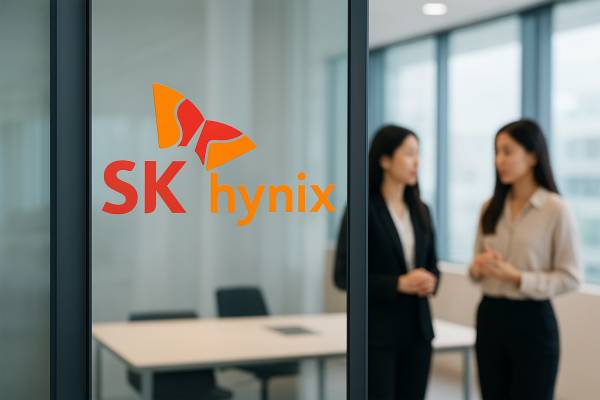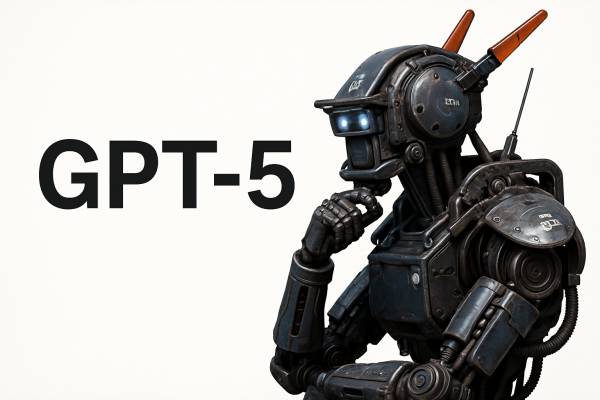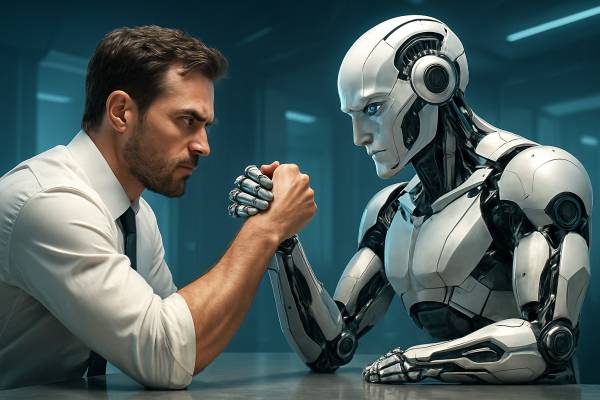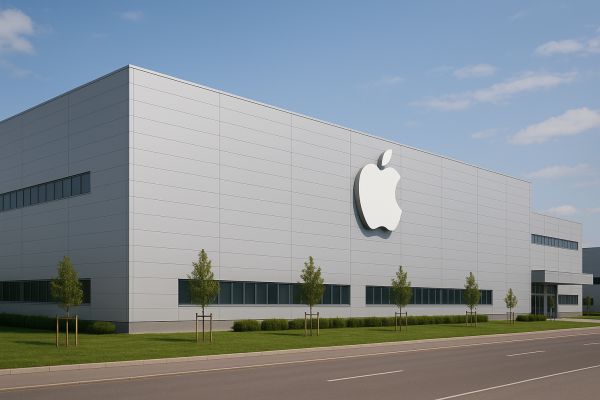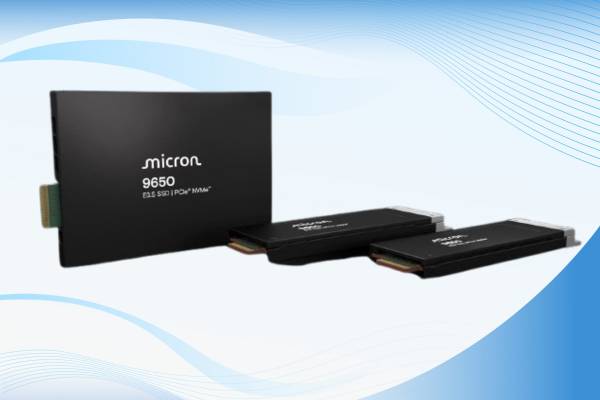Sam Altman, CEO of OpenAI, recently gave an in-depth insight into the future of artificial intelligence (AI), the challenges of founding OpenAI, and the explosive growth he envisions. His reflections not only push the boundaries of our technological vision, but also show how our work, our daily lives, and our society could fundamentally change.
The birth of OpenAI
The story of OpenAI began with a bold decision, at a time when most people still considered the development of artificial general intelligence (AGI) to be madness. As Altman put it, in the beginning, 99% of people thought they were crazy. Nevertheless, a handful of dedicated people who believed in the idea launched the project, even though DeepMind was already far ahead of them at the time. The decision to embark on such an ambitious venture was extremely difficult, as there were many arguments against it. It was unclear what the product would be and how it would generate revenue. Therefore, the goal at that time was simply to write good research articles.
Despite the initial difficulties, OpenAI quickly recognized the potential of scalability, which fundamentally changed the direction of AI development. The “mood” surrounding AI at the time was quite different from today. Language models similar to ChatGPT belonged to the realm of science fiction, and even robot hands that could barely move a Rubik's cube were considered the most modern achievement. However, by gathering the world's brightest minds who also believed in the AGI mission, they created a talent hub capable of achieving breakthroughs. Altman emphasized that truly great things never start out huge, and that despite initial uncertainties, it is worth dreaming big.
From the present to the future
The development of artificial intelligence models is progressing at an astonishing pace. Models such as GPT-3 and GPT-4 are already capable of reasoning, and their uses are constantly changing. Altman highlighted the importance of the memory function in ChatGPT, which allows the system to “get to know” the user and proactively help them. This is the first step towards AI becoming a constant, helpful companion in our lives, integrated into devices and running in the background.
The emergence of agents—which are capable of performing tasks independently, such as writing code or conducting research—enables completely new ways of working. According to Altman, ChatGPT has long been seen as a more advanced version of Google, but from now on it will become a kind of “operating system” that will be integrated into many areas of human life. This vision fits quite well with the views of Andrej Karpathy, who also referred to large language models as operating systems in a recent lecture.
As for the future, the CEO envisions that next-generation models, such as GPT-5 and beyond, will merge into a single, integrated system capable of complex reasoning, real-time video generation, and even writing instant applications for the user. This could result in a completely new type of computer interface, where AI is complemented by vision and speech, paving the way for the widespread use of humanoid robots. According to Altman's vision, in the future, we may even get a free humanoid robot with a premium ChatGPT subscription.
On the road to achieving this, energy consumption will be a key issue, as AI systems require enormous amounts of energy to operate. Altman thoughtfully raised the question of how much energy we can still produce on Earth before we overheat the planet due to computing capacity demands, and when we will need to deploy computing units into space. This highlights the perhaps underestimated but increasingly close relationship between the further development of artificial intelligence and the available energy.
According to Altman, the current period is the most exciting moment in the history of technology for founding a new company. Although OpenAI is focused on developing its own assistant, its clear goal is to provide a platform for other startups to innovate. He pointed out that it is not worth copying the core of ChatGPT, but rather focusing on unique, new solutions. Defensibility was also a challenge for OpenAI in the beginning, as the only difference at first was that they had the only working product on the market. However, over time, they managed to establish a lasting competitive advantage through branding and new features (such as memory).
The recurring pattern of startups often focusing on the same ideas reduces the chances of a successful venture. Altman's advice is to create something unique and counterintuitive, even if it is initially rejected. In its early days, OpenAI also received a lot of criticism, with some even claiming that it had zero chance of success. Despite such feedback, it is extremely difficult but essential for success to remain steadfast in one's beliefs.
According to Altman, in the next 10-20 years, we will witness the birth of an unimaginably advanced artificial superintelligence. This is definitely worth considering for those who want to think ahead in the longer term. Personally, I am most excited about the scientific application of AI. He believes that long-term sustainable economic growth and improvements in people's quality of life fundamentally stem from new scientific discoveries and good governance. If AI can dramatically accelerate the pace of scientific discovery, it can exponentially improve the well-being of humanity. Incidentally, in this case, scientific discoveries will take center stage, and those who focus their efforts on them will be the ones to benefit most.
Overall, Sam Altman painted an optimistic picture of the future, where AI not only brings technological breakthroughs, but also amplifies human capabilities, enabling a single person or a small team to achieve much more than before. This is a future where computer interfaces become almost invisible and AI gently but continuously helps us in our lives. The road will not be easy, but with the power of innovation and perseverance, incredible opportunities await us.
